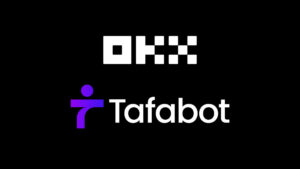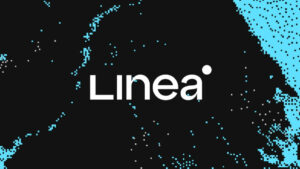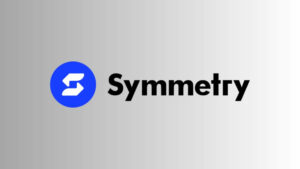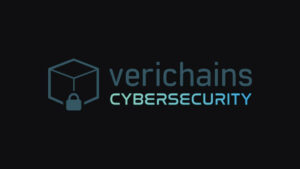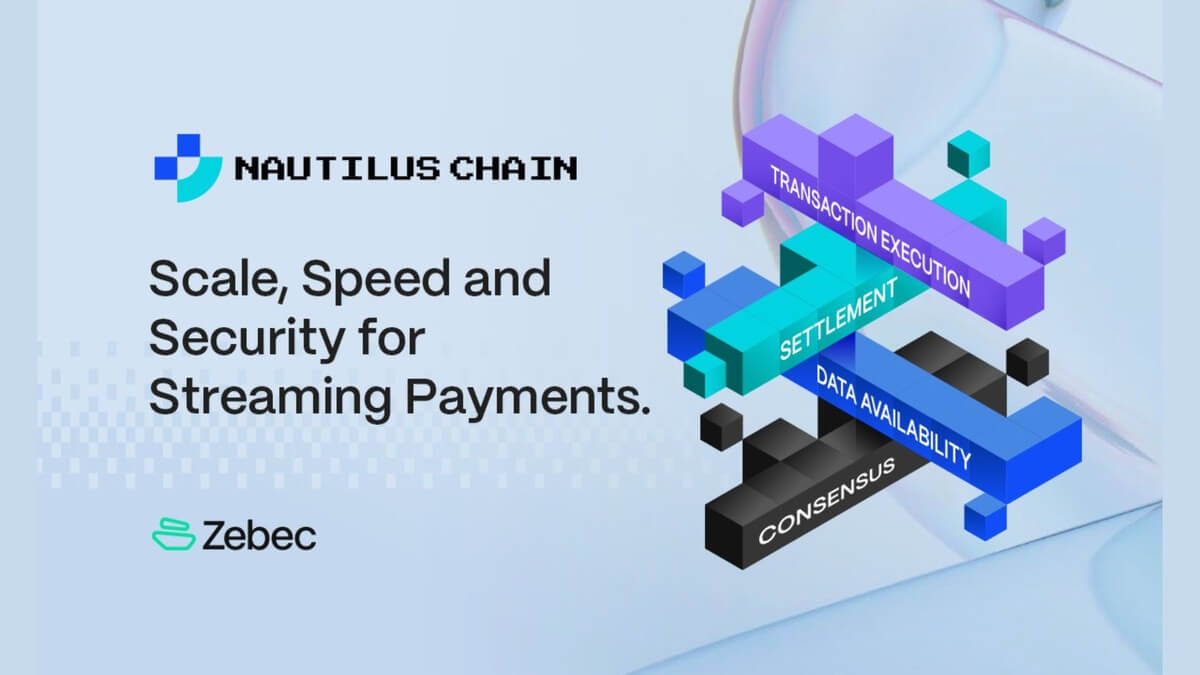
Zebec has launched Nautilus, an innovative Layer 3 (L3) network that supports its blockchain-based global payment infrastructure. Unlike other payment systems, Nautilus doesn’t just enable instant payments, but also supports continuous payment streaming and real-time payroll services on an unprecedented scale. This unique L3 network facilitates Zebec Protocol’s live-payment streaming service using the fastest EVM (Ethereum Virtual Machine) environment in web3.
Nautilus is designed for scalability, interoperability, and security. Its modular architecture features interchangeable modules for consensus, settlement, data availability, and transaction execution. This modularity has a significant impact on the composition and adoption of web3 payment infrastructure, offering more flexibility and customization options.
Zebec’s founder, Sam Thapaliya, envisions a future where money moves more freely, providing individuals, businesses, investors, and teams quicker and easier access to funds and tokens. With the launch of Nautilus, Zebec aims to achieve this vision and introduce new financial products and services.
The Nautilus chain enables single-side staking and DeFi (Decentralized Finance) yields in select regions, as well as powers ZebecPay – a live streaming web3 payroll service. Additionally, Zebec is planning to launch a traditional payroll app called WageLink, integrated with Circle. The Nautilus chain’s functionality allows for direct crypto off-ramps linked to US bank accounts and the introduction of Zebec Card programs in Asia and Europe.
Zebec initially started as a continuous settlement protocol for real-time payments, but the limitations of existing blockchain technology prompted the creation of Nautilus. The Nautilus testnet quickly gained traction, facilitating over 50 million transactions and proving its utility beyond just DeFi applications. It has become a versatile “general purpose” L3 chain, utilized by projects in various sectors including NFTs and Gamefi.
One of Nautilus’ key features is its modular system, which offers developers the flexibility to configure their own “chain stack” for building decentralized applications (dApps). The interchangeable modules for consensus, data availability, settlement, and execution allow for infinite horizontal scaling and improved interoperability. The architecture of Nautilus will likely revolutionize how blockchains are constructed and utilized.
Nautilus’ launch involves using Solana’s VM (Virtual Machine), MOVE, for the settlement layer, and Neon EVM with Solidity smart contracts for the execution layer. Data availability is managed off-chain using Celestia. The initial execution layer utilizes optimistic rollups, but the team plans to transition to zkRollups for faster settlements, privacy, and increased scalability.
By combining Solana-like speeds with Ethereum’s security and decentralization, Nautilus achieves high transaction processing capabilities. The Nautilus chain can handle the demands of the real world, potentially leading to decentralized markets for various financial instruments and tokenized real-world assets.
Zebec’s Nautilus opens the door to various pay-as-you-go payment models, paving the way for innovative applications in streaming services, car-sharing platforms, gyms, residential clubs, and beyond. Zebec’s overarching goal is not just to provide efficient payment services, but to onboard millions of new users through user-friendly, secure payment apps and new use cases. As Zebec’s ecosystem grows, it invites developers and founders worldwide to join in creating a more connected, efficient, and accessible financial future.
Read Also: Solona Powered Zebec Raises $15M to Scale Its DeFi And Web3 Payments Solution
- SEO Powered Content & PR Distribution. Get Amplified Today.
- PlatoData.Network Vertical Generative Ai. Empower Yourself. Access Here.
- PlatoAiStream. Web3 Intelligence. Knowledge Amplified. Access Here.
- PlatoESG. Automotive / EVs, Carbon, CleanTech, Energy, Environment, Solar, Waste Management. Access Here.
- PlatoHealth. Biotech and Clinical Trials Intelligence. Access Here.
- ChartPrime. Elevate your Trading Game with ChartPrime. Access Here.
- BlockOffsets. Modernizing Environmental Offset Ownership. Access Here.
- Source: https://alexablockchain.com/zebec-launches-nautilus/
- :has
- :is
- :not
- :where
- 50
- a
- access
- accessible
- Accounts
- Achieve
- Achieves
- Additionally
- Adoption
- aims
- allow
- allows
- also
- an
- and
- app
- applications
- Applications (DApps)
- apps
- architecture
- ARE
- AS
- asia
- Assets
- availability
- Bank
- bank accounts
- become
- Beyond
- blockchain
- blockchain technology
- blockchain-based
- blockchains
- Building
- businesses
- but
- by
- called
- CAN
- capabilities
- card
- cases
- chain
- Circle
- clubs
- combining
- composition
- connected
- Consensus
- continuous
- contracts
- Creating
- creation
- crypto
- customization
- DApps
- data
- Decentralization
- decentralized
- Decentralized Applications
- Decentralized Finance
- DeFi
- demands
- designed
- developers
- direct
- Doesn’t
- Door
- easier
- ecosystem
- efficient
- enable
- enables
- Environment
- envisions
- ethereum
- ethereum virtual machine
- Ethereum's
- Europe
- EVM
- execution
- existing
- facilitates
- facilitating
- faster
- fastest
- Features
- finance
- financial
- Financial Instruments
- financial products
- Flexibility
- For
- founder
- founders
- functionality
- funds
- future
- gained
- Gamefi
- Global
- goal
- Grows
- handle
- High
- Horizontal
- How
- HTTPS
- Impact
- improved
- in
- Including
- increased
- individuals
- Infrastructure
- initial
- initially
- innovative
- instant
- instant payments
- instruments
- integrated
- Interoperability
- introduce
- Introduction
- Investors
- invites
- IT
- ITS
- join
- jpg
- just
- Key
- launch
- launched
- launches
- layer
- Layer 3
- leading
- likely
- limitations
- linked
- live
- machine
- managed
- Markets
- million
- millions
- models
- modular
- Modules
- money
- more
- move
- moves
- Neon
- network
- New
- new users
- NFTs
- of
- offering
- Offers
- on
- Onboard
- opens
- Optimistic
- Optimistic Rollups
- Options
- Other
- over
- overarching
- own
- Paving
- payment
- Payment Services
- Payment Systems
- payments
- Payroll
- planning
- plans
- Platforms
- plato
- Plato Data Intelligence
- PlatoData
- potentially
- powered
- powers
- privacy
- processing
- Products
- Products and Services
- Programs
- projects
- protocol
- protocols
- provide
- providing
- quicker
- quickly
- raises
- real
- real world
- real-time
- real-time payments
- regions
- residential
- revolutionize
- Rollups
- Sam
- Scalability
- Scale
- scaling
- Sectors
- secure
- security
- service
- Services
- settlement
- Settlements
- significant
- smart
- Smart Contracts
- solidity
- Solutions
- speeds
- Staking
- started
- streaming
- streaming service
- streaming services
- Supports
- system
- Systems
- team
- teams
- Technology
- testnet
- that
- The
- their
- this
- Through
- to
- tokenized
- Tokens
- traction
- traditional
- transaction
- transaction execution
- transaction processing
- Transactions
- transition
- unique
- unlike
- unprecedented
- us
- US Bank
- use
- user-friendly
- users
- using
- utility
- utilized
- utilizes
- various
- versatile
- Virtual
- virtual machine
- vision
- Way..
- Web3
- WELL
- which
- will
- with
- world
- worldwide
- yields
- zephyrnet

